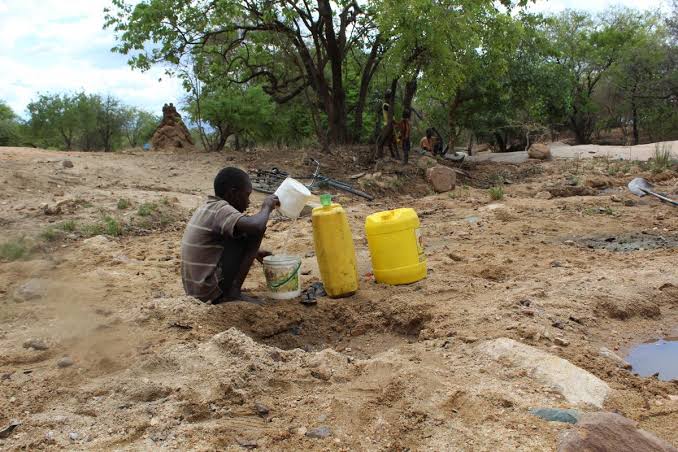
 KKCR FM
KKCR FM

 KKCR FM
KKCR FM
24 October 2025, 11:53 am

By James Muhumuza
Uganda, a country whose economy is heavily dependent on agriculture, is increasingly feeling the devastating effects of climate change from erratic rainfall and rising temperatures to rampant deforestation and plastic pollution.
Despite government initiatives to curb environmental degradation, experts and community leaders warn that the pace and scope of these efforts fall short of what’s needed to safeguard the livelihoods of millions.
Sulaiman Mugisa,a community environmentalist and a resident of Ruswiga Cell, Muhorro town council in Kagadi district near Kagombe Central Forest Reserve, says the government has made commendable strides with initiatives such as the National Climate Change Policy (2015) and its commitment to a 24.7% reduction in greenhouse gas emissions by 2030,
“But significant challenges like deforestation, plastic pollution and weak enforcement of environmental laws persist.”
The establishment of the National Climate Change Department and projects such as the Lake Victoria Environmental Management Project reflect growing national attention to climate resilience.
Yet, Mugisa insists that these measures must be complemented by stronger community action.
He said Grassroots initiatives like tree planting, reducing plastic use and promoting energy conservation are vital.
“Communities must also advocate for stronger environmental policies and support climate education in schools.”
Mugisa added that local leaders have a pivotal role to play in bridging national policies and community needs.
“District officials and village councils must enforce environmental regulations, raise awareness, and ensure access to adaptation funding for local communities.”

Decentralising climate governance
Nicholas Abigaba, a climate activist, argues that Uganda’s highly centralised governance system hampers effective climate action.
“The current structure delays progress, stifles innovation, and makes initiatives less responsive to local realities,” Abigaba said.
He believes empowering local governments with resources and autonomy to manage region-specific projects such as renewable energy and reforestation would yield better results.
He also highlighted the need for stronger climate financing, noting that preparations for floods, droughts, and other disasters require substantial funding and expertise.
He called for decentralisation of climate governance, stronger law enforcement, and incentives for citizens, businesses, and institutions to adopt sustainable practices.
Inadequate disaster preparedness
Robert Turyakira, Executive Director of the African Green Health Network (AGHNET) recently described climate change as “the greatest existential threat to humanity and biodiversity.”
He criticised the government’s 2024/2025 allocation of UGX 5 billion for disaster preparedness as “grossly inadequate,” urging authorities to prioritise risk reduction rather than reactive disaster response.
“There is an urgent need to increase funding for disaster preparedness,” he said, calling for swift establishment of the long-promised Disaster Preparedness and Management Commission, as required by Uganda’s 1995 Constitution.
Turyakira cited recent disasters including landslides in Bududa, Bulambuli, and the Rwenzori region, and floods triggered by heavy rains as reminders of the country’s vulnerability.
“The Kitezi disaster was a wake-up call,” he said, urging swift passage of the Disaster Risk Preparedness and Management Bill to strengthen Uganda’s resilience.
Public perception mirrors reality
A 2023 survey by Twaweza’s Sauti za Wananchi project found that 86% of Ugandans are concerned about the impact of climate change on their lives.
Over half (57%) said the climate is worsening down from 70% in 2022 but most identified deforestation (70%) as the leading cause, followed by wetland destruction (19%) and industrial pollution (6%).
Respondents also reported noticeable shifts in weather patterns: 53% observed increased rainfall during rainy seasons, 53% cited shorter rainy periods, and 67% noted delayed rainfall onset.
These perceptions align with scientific evidence showing that Uganda’s climate is becoming increasingly unpredictable posing growing threats to food security, public health, and economic stability.

The way forward
Experts agree that while national frameworks provide direction, real progress depends on local empowerment.
As Mugisa put it, “The climate fight starts in our homes, schools, and communities. Everyone has a role to play.”